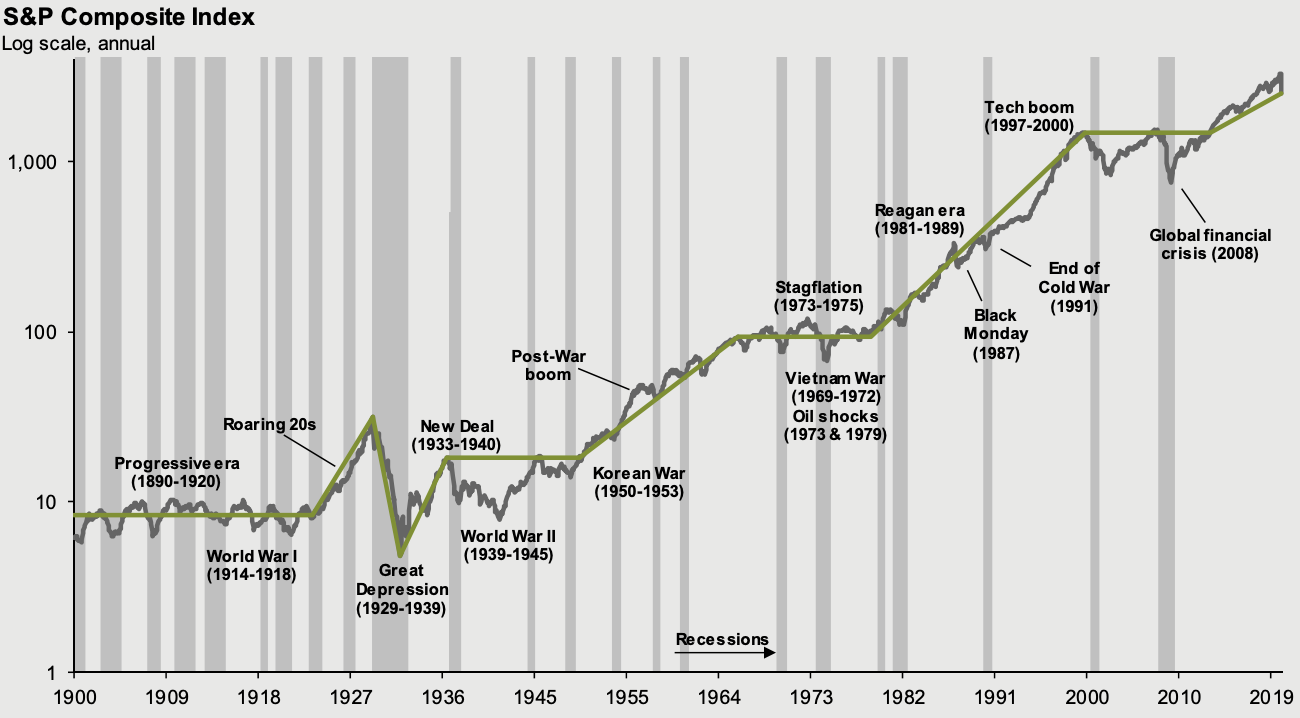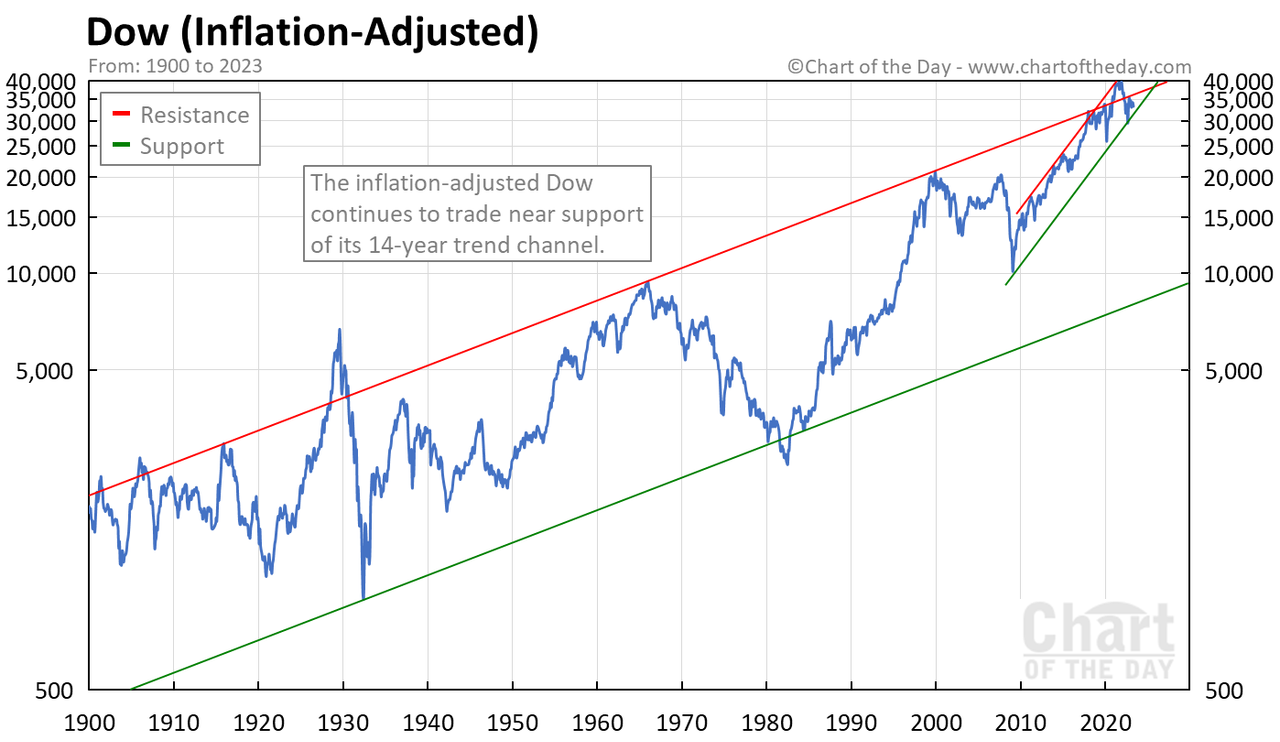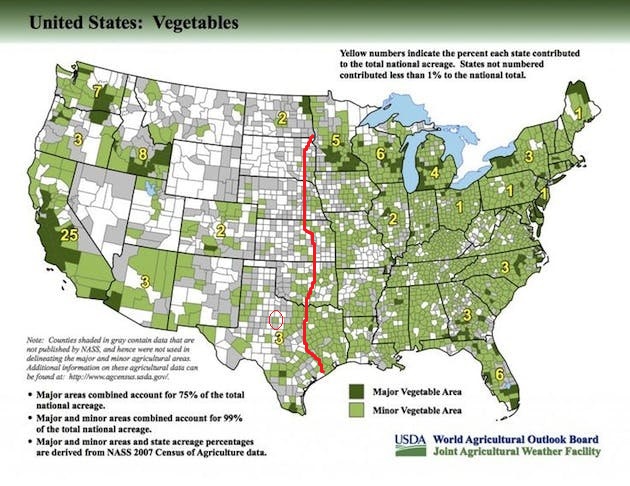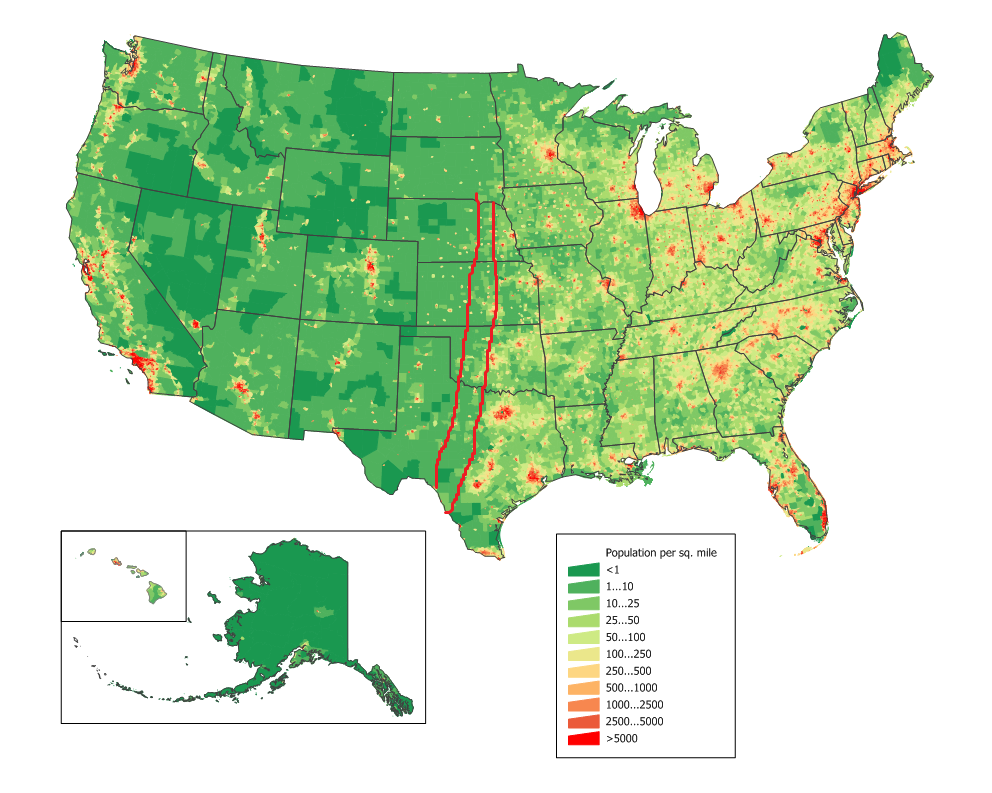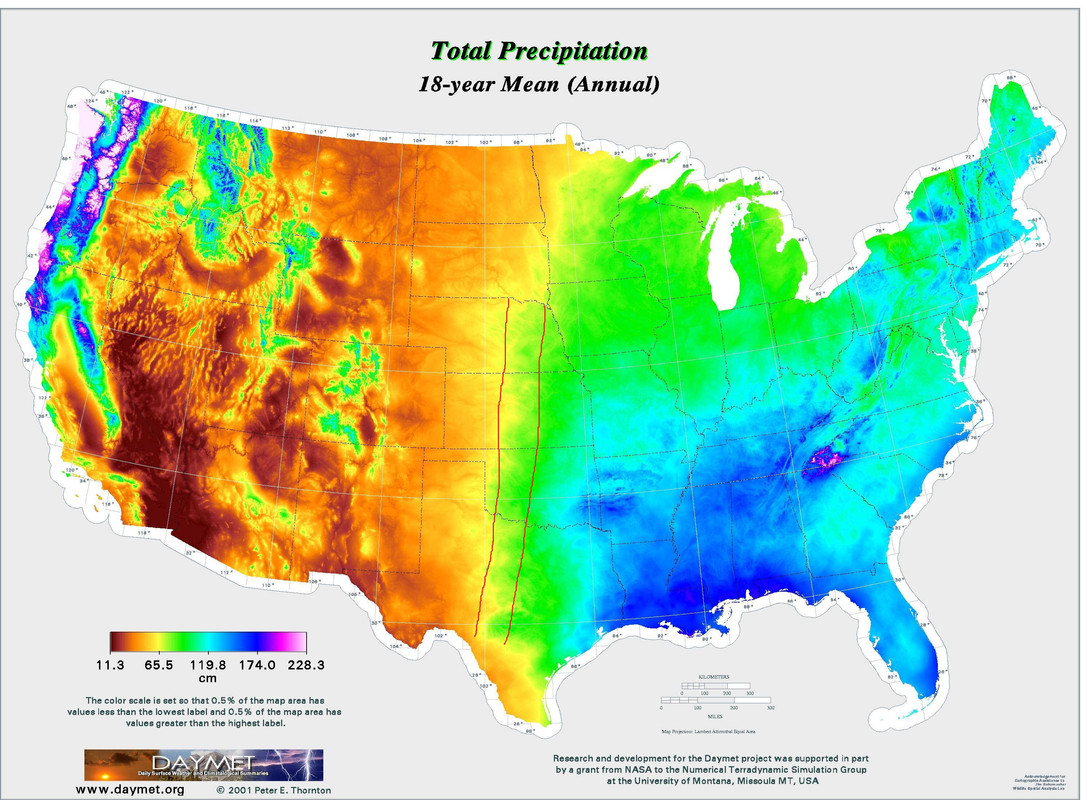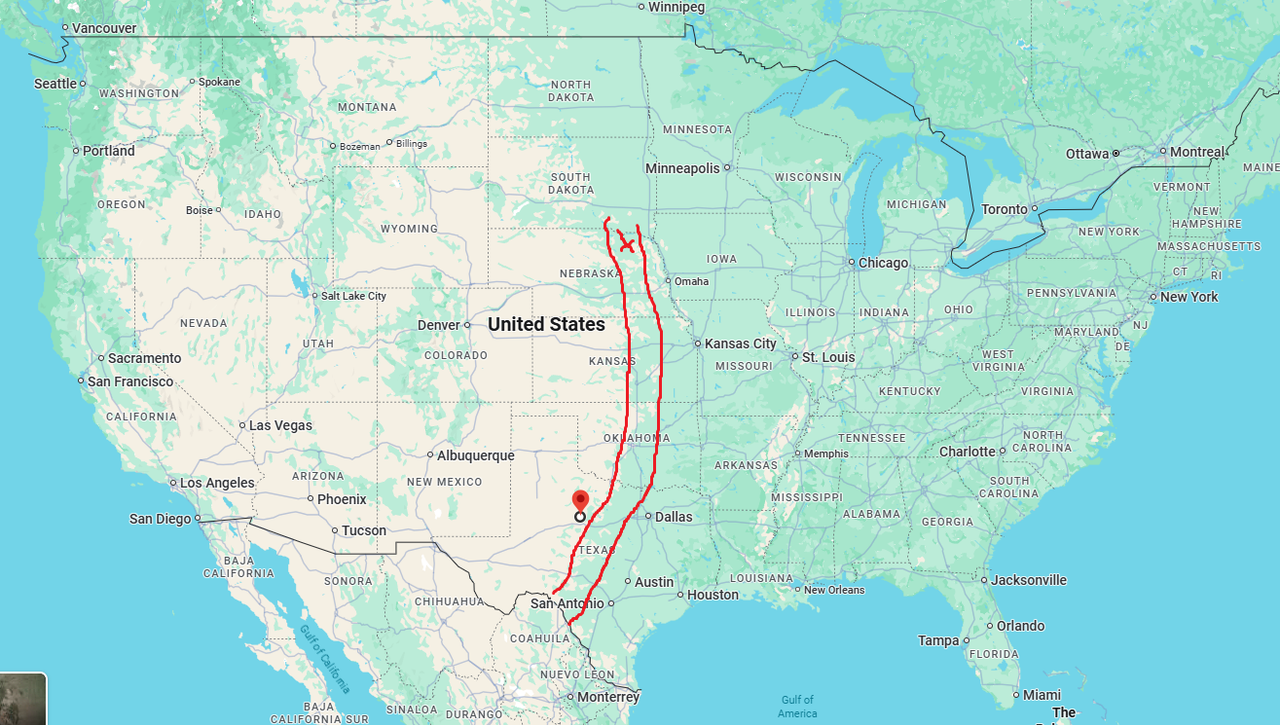Doubling Rate: Recent studies suggest that AI capabilities are doubling every 7 months,
significantly faster than traditional Moore's Law.
Input string suggested 5 month now is seen.
The log#3 map will be pivital as the Locust Phase increases.
We went past the rope burn maps now H.
When the useful idiots used the water pipes for fuselages
the dinoflagellate project was the last straw for me after the
last project was difficult enough.
You may remember some posts I made in early in this thread about how the low social standing of engineers in this country would eventually cripple the economy.
They have no clue H. Now they will learn again the hard way and it was already written.
51 pole dancers and the usual suspects.
I went back and parsed your view as they ponder Angels on a DEI pin on the Floor.
As you noted clearly in the past, " I've tried to get my head around what he's saying and really couldn't, but saved the article and the book summary in my notebook because so much of the rest of what he says makes sense. My thoughts have been that the personal computer circa 1979 was more like the railroad circa 1829.
Add the Internet to personal computers 20 years later and that would be like railroads in 1849 or so. And the Internet came along with the same 150 year lag time and to me that was more like the telegraph." Tue Nov 04, 2008 5:28 pm
It is approaching sooner than later and we do not need much more why to what window time.
They liked the Retards for Candy Program for way to long.
https://acecomments.mu.nu/?post=415941
The rot is way to deep.
https://twitter.com/i/status/1950812890644226528